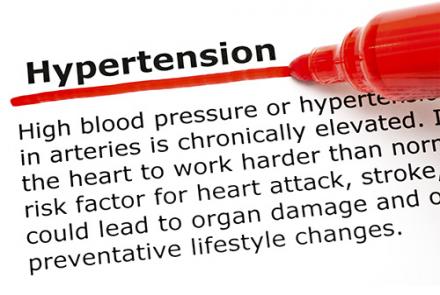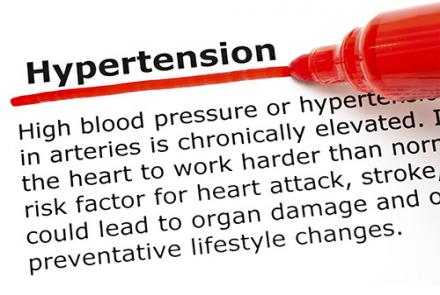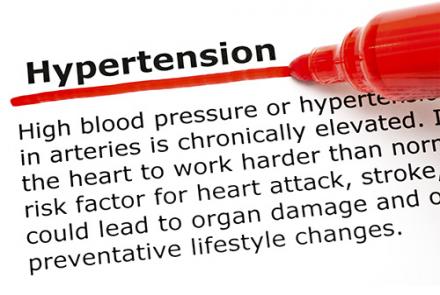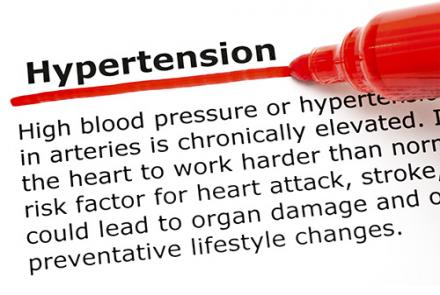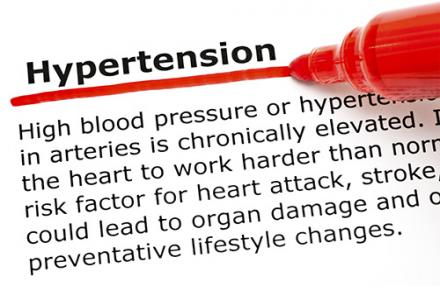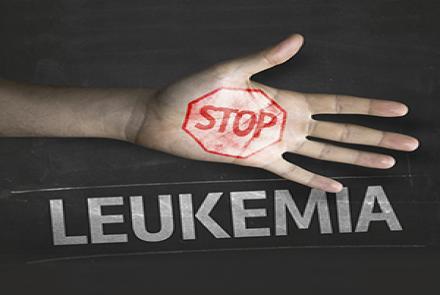Many drugs are available for the treatment of high blood pressure. Your doctor may recommend some of the following medications for treating hypertension:
Diuretics – These are called ‘water pills’ as they work on the kidney and flush excess water and sodium from the body.
Beta-blockers – These reduce nerve impulses to the heart and blood vessels. This makes the heart beat slower and with less force.
Angiotensin converting enzyme (ACE) inhibitors – These prevent the formation of a hormone…
Latest Stories
- What tests do you need to have done for Hypertension ? Your doctor may recommend some of the following tests for a proper diagnosis of High Blood Pressure and its severity. General tests Physical examination Your doctor will ask for your family history of high blood pressure and other conditions, check your blood pressure and look at your blood reports. Blood tests include blood urea nitrogen (BUN) and serum creatinine, which may be elevated if there is underlying kidney disease. Blood urea…
- Major types of hypertension (high blood pressure) Primary hypertension, also known as essential hypertension, is the most common type of hypertension. For this type of hypertension, there is no single identifiable cause. There is no apparent underlying disease, condition or disorder causing the high blood pressure. Instead, hypertension occurs because of genes, diet and lifestyle. Secondary hypertension is a less common form of the disease that occurs because of a specific condition. Disorders…
- Extremely high blood pressure may bring on the following symptoms Severe headache Fatigue or confusion Vision problems Chest pain Difficulty breathing Irregular heartbeat Blood in the urine Pounding in your chest, neck, or ears Untreated hypertension can lead to serious diseases, including stroke, heart disease,kidney failure and eye problems. See section on Complications.
- Hypertension or high blood pressure may be caused by any of the following reasons: Narrowing of the arteries A greater than normal volume of blood The heart beating faster or more forcefully than it should Any of these conditions will cause increased pressure against the artery walls. High blood pressure may also be caused by some other underlying medical problem. Are you at risk of developing high blood pressure? Risk factors for high blood pressure include: Age and gender…
- People with Parkinson’s may experience extreme sadness of mood and anxiety. This could be due to the Parkinson’s itself or due to the effects of the medication. It is important to acknowledge these emotions and to get the required help. Depression It is natural for everybody to feel sad at times, or to get upset by things. However, after a while or if they are put in another situation, then they may no longer experience these emotions. Sometimes, people tend to experiences these emotions for an…
- With Parkinson’s being a condition that mainly affects movements, traveling can become quite a difficult task. The most important thing to remember is that you must always plan ahead. By planning ahead of time, you will be able to organize everything that you need as well as decide on what mode of transportation you will take and arrange for the same. While it is important that you always have your medications at the times given by your doctor, if you know that you are going to be going out,…
- Diagnosing leukemia Physical Exam: During a physical exam, a doctor may look for lumps (formed by accumulation of abnormal cells in the skin). Also known as Choloromas or Skin rashes. A thorough medical history will be taken and the patient can report a family history of leukemia or any symptoms or risk factors. Blood Tests: Blood tests, like a complete blood count (CBC) can detect leukemia. A CBC determines the number of white blood cells, red blood cells and platelets. It can also count…
- What are the types of leukemia? There are several classification systems for classifying leukemia. However, based on degree of disease progression, the two major forms are acute and chronic. Acute leukemia is fast-growing and can overwhelm the body within a few weeks or months. The new cells, called blasts (immature WBCs) cannot perform normal physiological functions. Due to longer life span, these cells continue to rise in circulation. Chronic leukemia in contrast progresses slowly. The blood-…

